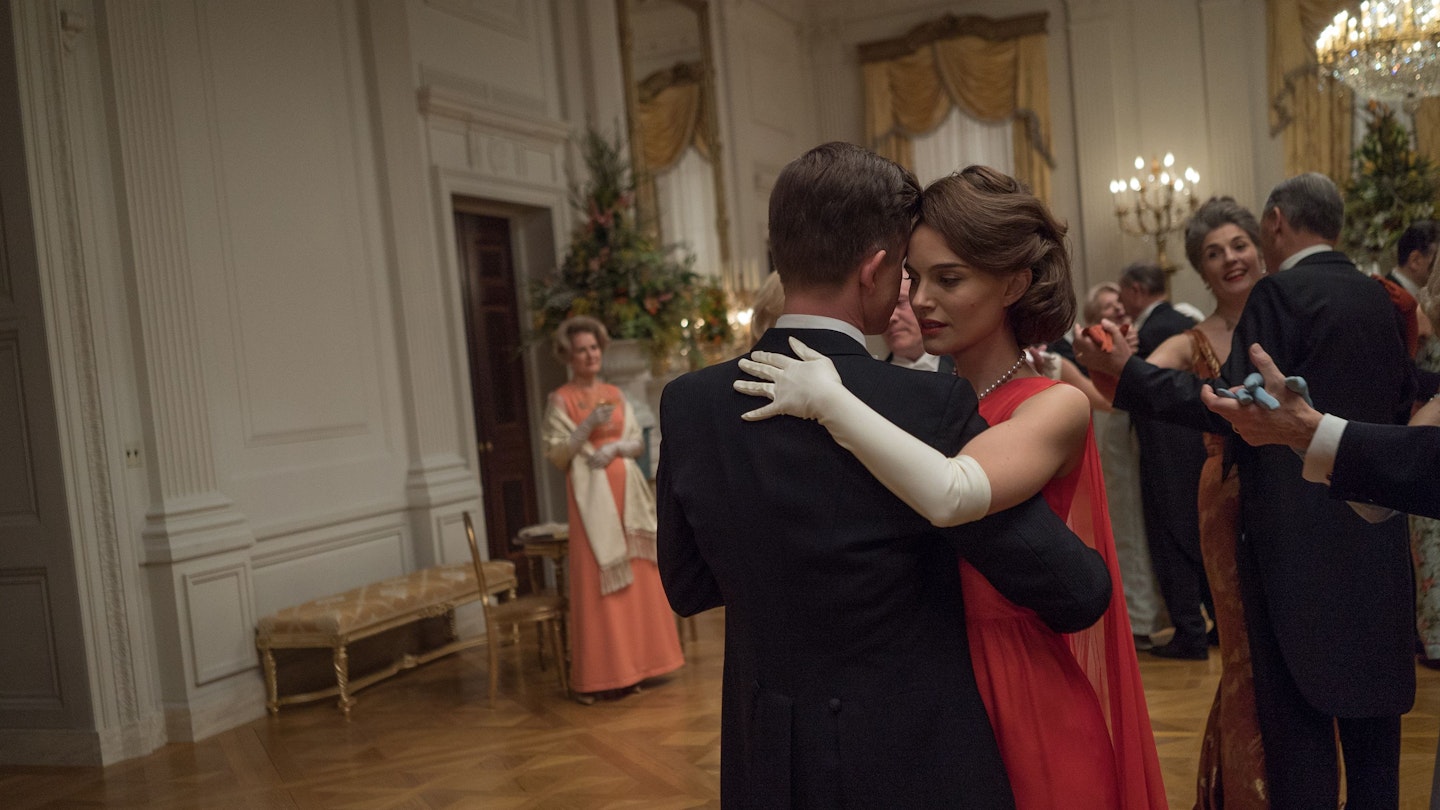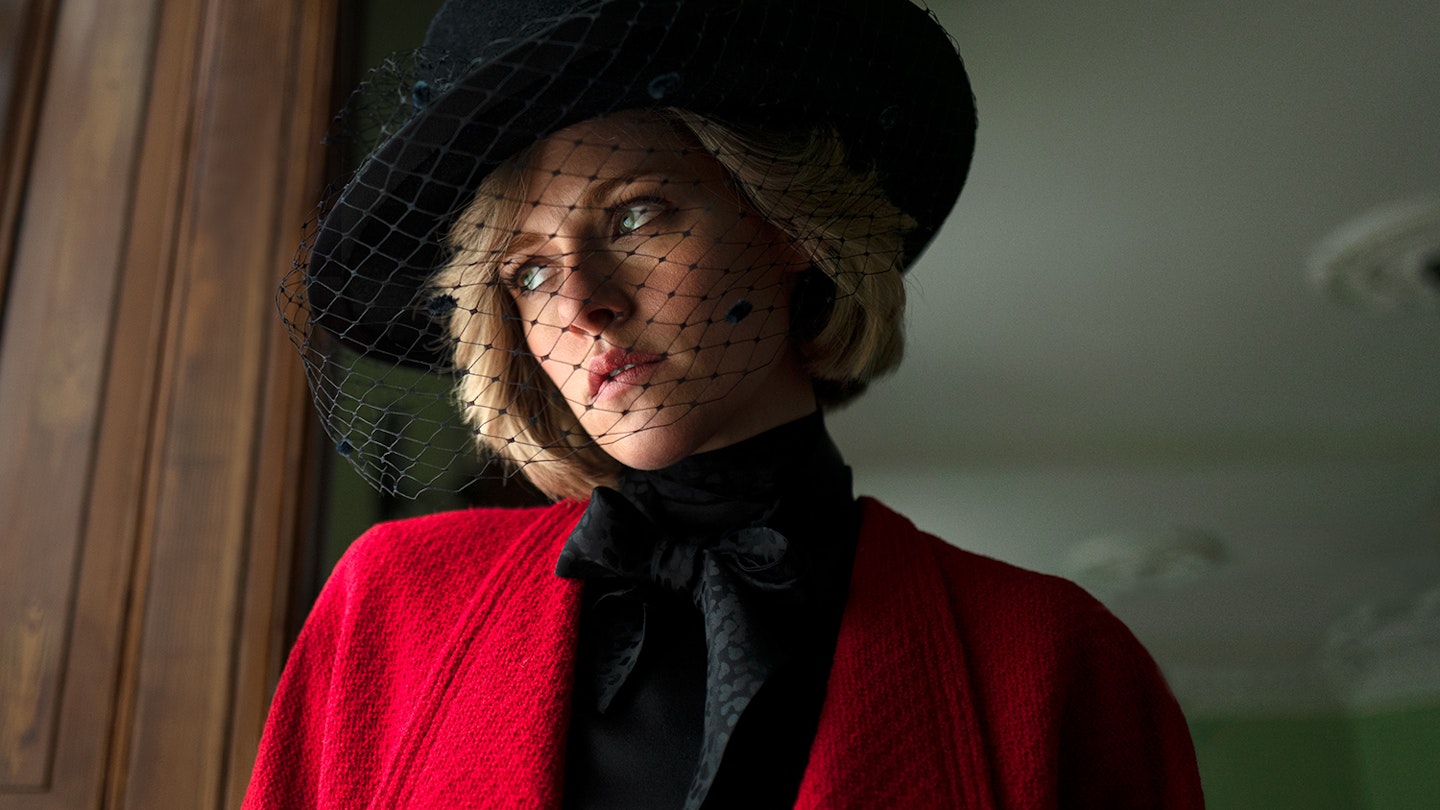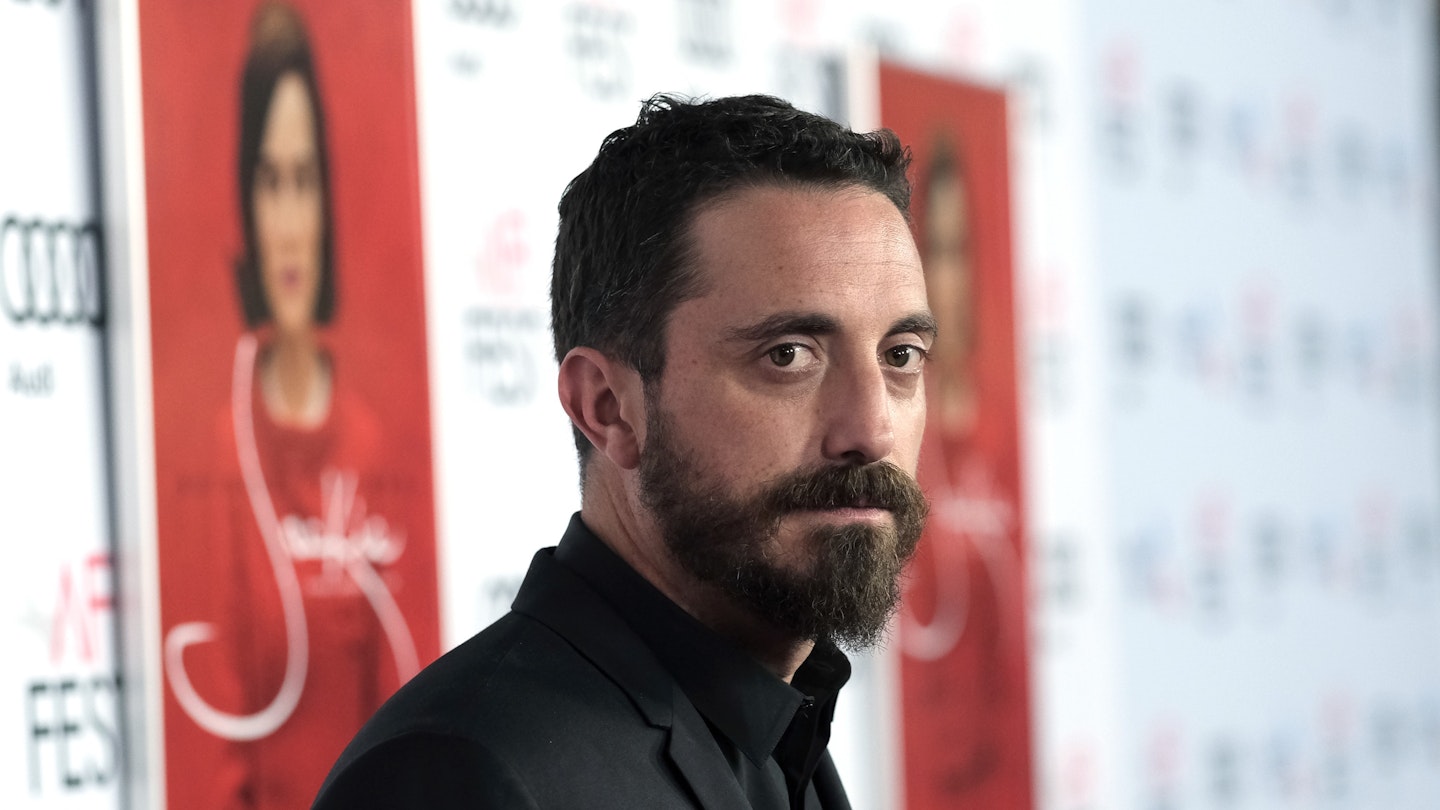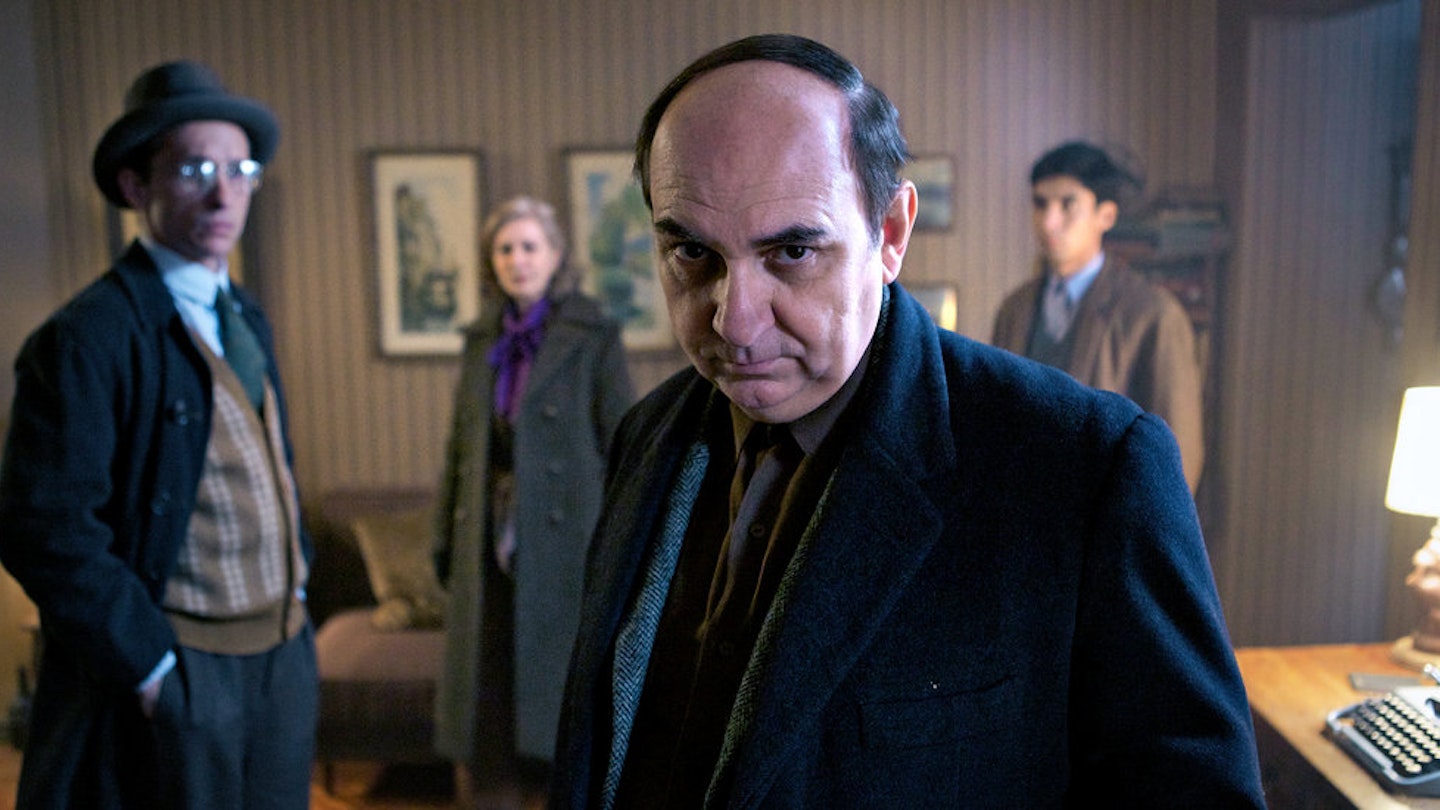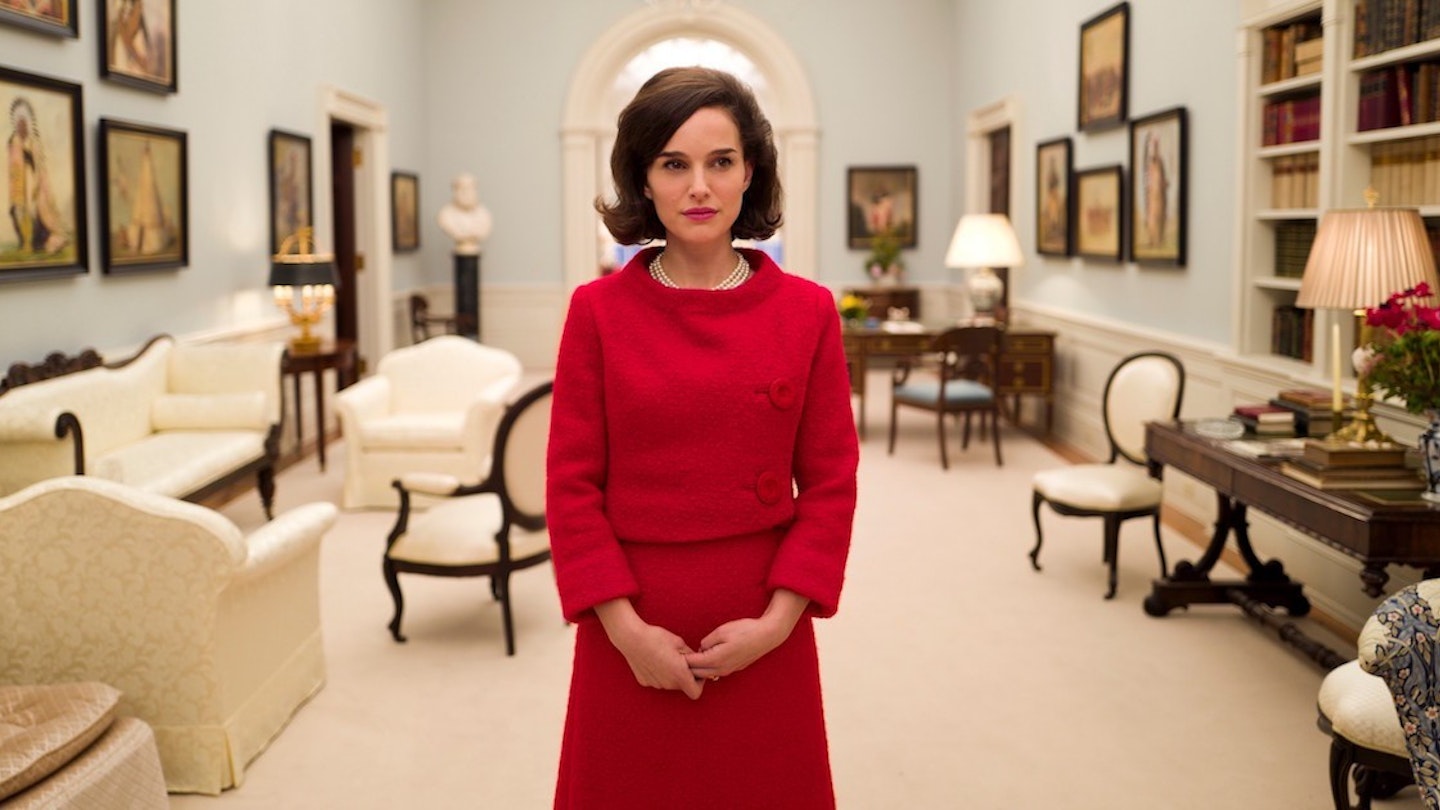Why do we remember Jackie Kennedy? The mention of her name still evokes images of the perfect First Lady, ever camera-ready, a fashion plate, cool and poised by the President’s side. Or the darker vision of a grainy shock of incongruous pink crawling across the back of a limousine as her husband lay dying on the back seat, his skull shot open by Lee Harvey Oswald. We remember her visually, yet what did she do? Pablo Larraín’s insightful biopic draws her as a woman whose purpose was to frame history. Not to create it in any political sense, but to package it for the people, to make it memorable.
Jackie’s timeline cuts across just a small number of days. It begins a few weeks after JFK’s assassination, with Jackie (Portman) inviting
a reporter (Crudup) to her home to interview her. She’ll only allow him to print quotes she approves, insisting after a sobbing account of watching her husband die, “I hope you don’t for one second think I’ll allow you to publish that.” Then we cut back and forth across the days just before her husband’s murder to his grand spectacle of a funeral.
It’s only a brief part of Kennedy’s life but it’s enough to show a complex person. It depicts a woman who is performing at almost all times. She knows what the public wants from her — something like American royalty when her husband is alive; a symbol of the nation’s grief after his death — and she means to give it. She’s not embarrassed by her belief in the importance of image. Jackie’s pet project of restoring the White House interiors is laughed at, but she believes the President’s home should live up to the public’s impression of it. She is ridiculed for making her husband’s funeral as huge a spectacle as Lincoln’s, despite the difference in the two Presidents’ achievements, but she believes the American people deserve to have their grief writ large. As Noah Oppenheim’s perceptive screenplay says, Jackie came to fame in a time when television made modern history a visual record, not a written one, and she knew how to present that. It’s not suggested Jackie’s motivations are entirely for the country. Not a bit. There’s a selfishness to her desire not to have her moment fade to a historical footnote, to have her husband be a Lincoln, not a James Garfield, but it’s a human selfishness. It makes Jackie a person, not an icon.
"It’s only a brief part of Kennedy’s life but it’s enough to show a complex person."
This complicated characterisation asks for a complicated performance and Natalie Portman gives the best of her career. She has Jackie’s precise vowels and stiff , Stepford walk, but this isn’t imitation. She shows the steel and fragility under the surface of a woman who can stand up to the government to demand the funeral she wants, but also stagger around the White House drunkenly trying on all her old gowns in an effort to control things in the only way she knows how, by deciding how they will look. Shot in almost constant close-up, perhaps to convey just how closely Jackie was watched, Larraín doesn’t give Portman a second to relax. You couldn’t avert your eyes if you wanted to.
There’s a moment when Jackie says, “The people on the pages of history books become more real to us than those who stood beside us.” Film does much the same. Whether this is an accurate portrait of the woman or not, Jackie brings its subject to vivid life. You will remember her.
